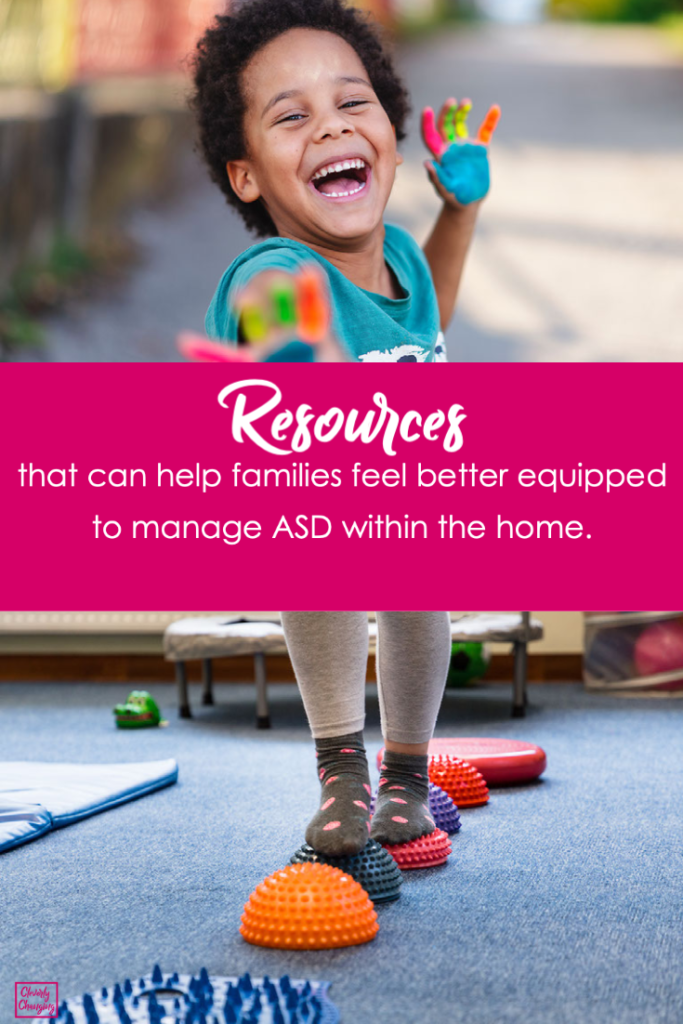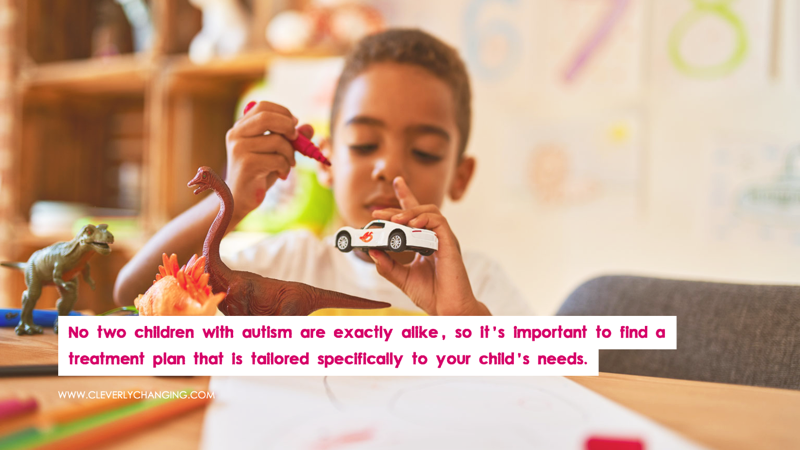Autism spectrum disorder (ASD) is a mental condition that affects communication and social interaction. It can cause restricted and repetitive behaviors. ASD begins in early childhood and lasts throughout a person’s life. It’s not known what causes ASD, but it’s believed to be a combination of genetic and environmental factors.
There’s no one-size-fits-all approach at an autism treatment center. Treatment focuses on improving communication, social interaction, and behavior. Medications can be prescribed to help with certain symptoms, such as anxiety, depression, or hyperactivity. Therapy can also be very helpful. A therapist can teach social skills and help a person manage difficult behaviors.
The Benefits of an Autism Treatment Center
Individualized care:
One of the great things about treatment centers is that they offer individualized care for each child. No two children with autism are exactly alike, so it’s important to find a treatment plan that is tailored specifically to your child’s needs. At a treatment center, your child will have a team of specialists who will work together to create a plan that is just right for them.
A safe and nurturing environment:
It can be difficult for children with autism to function in a mainstream school setting. Treatment centers provide a safe and nurturing environment where your child can learn and grow at their own pace. The small class sizes and low student-to-teacher ratios are ideal for children with autism, and the specialized curriculum is designed to meet their unique needs.
A team of experts:
When you entrust your child’s care to a treatment center, you know they will be in good hands. The staff at a treatment center include specialists who are trained and experienced in working with children with autism. They will be able to provide your child with the best possible care and help them reach their full potential.
A lifetime of support:
Choosing a treatment center for your child is not a decision you have to make alone. The staff at a treatment center will be there to support you every step of the way, from diagnosis to adulthood. They will provide you with resources, information, and emotional support when you need it most.
Comprehensive Services:
Autism treatment centers offer a wide variety of services designed to meet the needs of individuals with autism and their families. Services may include diagnostic evaluations, individualized therapy, social skills groups, behavior support, and more. By wrapping all of these services into one package, treatment centers can provide a coordinated and comprehensive approach to care.
Expertise and Specialization:
The staff at an autism treatment center has expertise in treating autism spectrum disorder. They will be able to design an individualized treatment plan based on the unique needs of your child. In addition, because they treat so many children with ASD, they are often up-to-date on the latest evidence-based treatments and can offer state-of-the-art care.
Family Support:
An autism diagnosis can be overwhelming for the entire family. Many treatment centers offer support groups for parents and siblings as well as workshops on topics such as effective communication, managing difficult behaviors, and transitioning to adulthood. These resources can help families feel better equipped to manage ASD within the home.

Early Intervention
Early intervention is key to managing ASD. If you think your child might have ASD, the sooner you get a diagnosis, the better. There are many resources available to parents of children with ASD. Here are some things you can do to get started:
Learn about ASD:
The more you know about ASD, the better equipped you’ll be to help your child. Read books, talk to other parents, and join online support groups. Your child’s doctor can also provide resources and information.
Build a support network:
Parenting a child with ASD can be overwhelming at times. It’s important to build a support network of family, friends, and other parents who understand what you’re going through. These people can offer emotional support and practical advice when needed.
Find a therapist:
A therapist who specializes in ASD can help your child develop social skills and cope with difficult behaviors. Many therapists use applied behavior analysis (ABA) therapy, which has been shown to be effective in treating ASD.
If your child has been diagnosed with ASD, it’s important to get started on treatment right away. Early intervention is key to managing the condition. There are many resources available to parents of children with ASD. With the right support in place, your child can lead a happy and healthy life.

